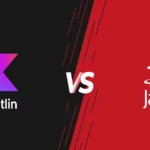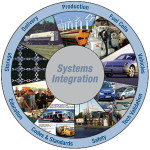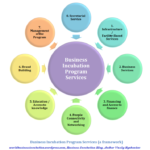Consumption Economics of Integration platforms
I was recently recommended a book titled Consumption Economics by J.B Wood and Todd Hewlin by a friend and I found it interesting reading. The book talks about companies (consulting firms in particular) will be impacted by the adoption of the cloud. The book was published in 2011 so a lot of what it “predicted” should have happened already. The book is focused on software in general not really IT platforms. Many of my colleagues have argued that we are in a different domain (ofc everyone likes to think so).
A few predictions the book makes:
- A lot of the risks with application development and adoption will shift to the consulting firms (suppliers) i.e. that customers will really only buy it if they like it. If, for whatever reason they dont like it, the supplier will bare the full burden of it
- Customers will shift from Capex to Opex for software, which will mean an increased need for capital for the suppliers. I dont know of many small firms that had a lot of excess cash to begin with so I am wondering how this happen.
- Complexities reign will end. Customers will seek out simplicity… My colleagues argue that integration problems are inherently complex and cant really be simplified any further. This in contrast with attempts like IFTTT…
- Tech infrastructure providers will suffer negatively. I think this one is definitely true and we can see it happening.
- Tech vendor partner programs will go through big changes as they will be able to market directly to customers, fewer people will be needed to support and install software. Those that survive/thrive will need to verticalize their offering.
- The partners will need to look at innovative ways to monitize data. Value in development assets will shrink rapidly and the real value will be in collecting and analyzing usage patterns and customer behavior.
- Overall cost of enterprise software will reduce significantly. I haven’t seen this happen yet but I do sense an increasing desire with customers to explore these options.
- IT departments will “get out of the way” of end users. With end users dealing more often with vendors and their tools. This implies tools designed for end-user-consumption, something rather rare in the Integration space.
I dont really have answers to all these questions but I wanted to throw these out there to see what other partners in the Microsoft integration community are seeing on the ground in their local markets. Would love it if you can share your thoughts.







![Big Data Hadoop Stack Training [Short Videos Part III]](https://alliedc.com/wp-content/uploads/2015/09/DataScienceDisciplines-150x150.png)